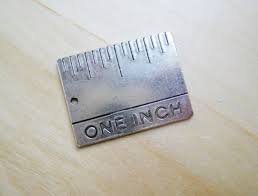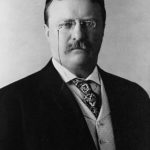“In the arena of human life the honors and rewards fall to those who show their good qualities in action.”
—Aristotle, ancient Greek philosopher and scientist
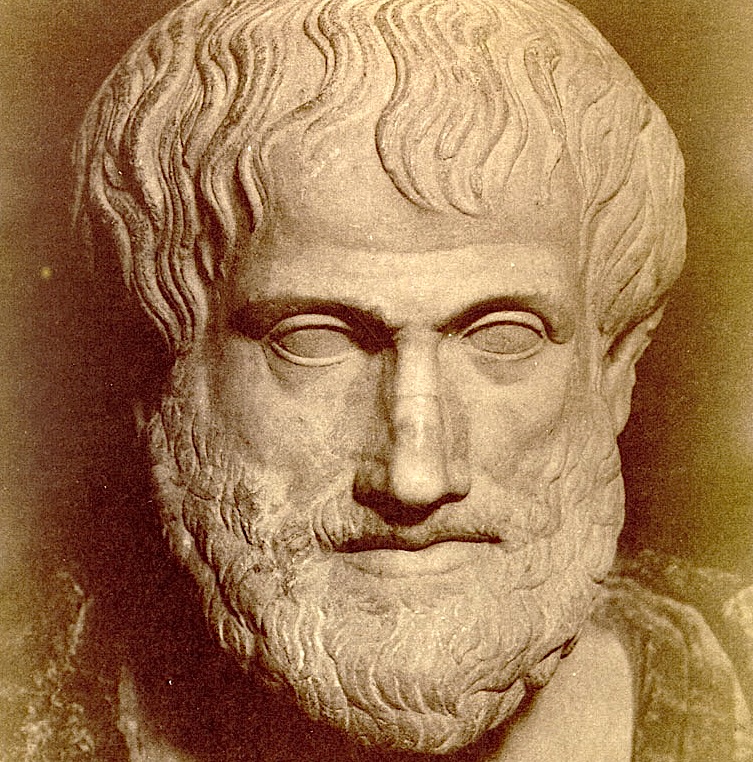
Image from classicalwisdom.com
Take out a piece of paper and list your very best qualities. Ask yourself what others in your personal and professional worlds would add to this list given your modest and humble nature.
Create a second list of qualities you most admire in those around you that may not have made it onto your first list.
Rate yourself on the level of action you demonstrate regarding those qualities, on a 1-10 scale.
EXERCISE:
What would be the value and benefit to you and those around you if you upgraded or shared even more of your best qualities with your various communities?
What action will you take today to realize the difference you intend to make?


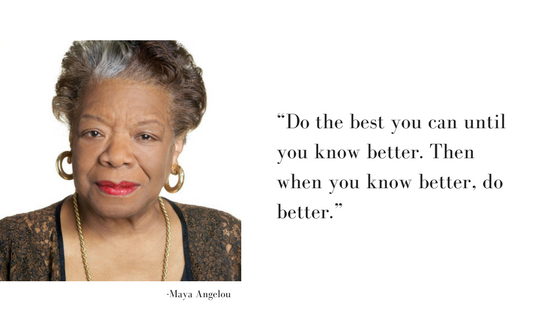
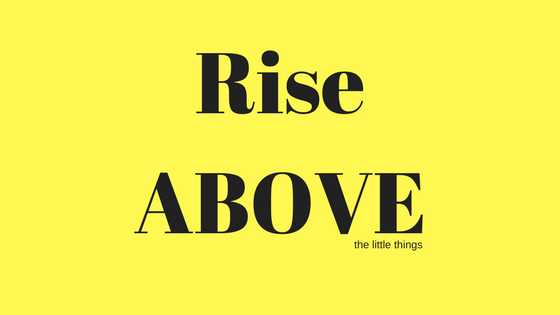 Have you heard of the book,
Have you heard of the book, 